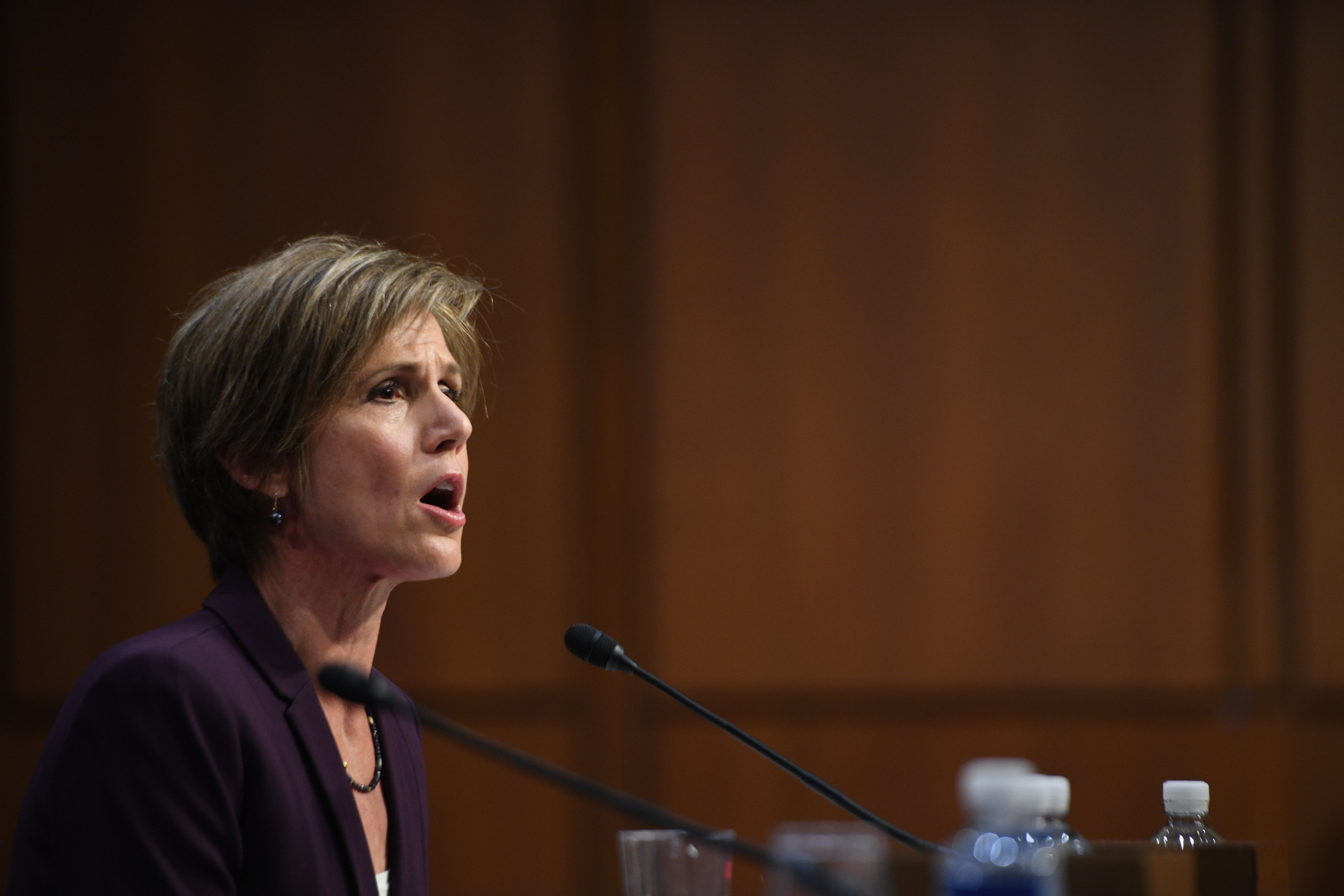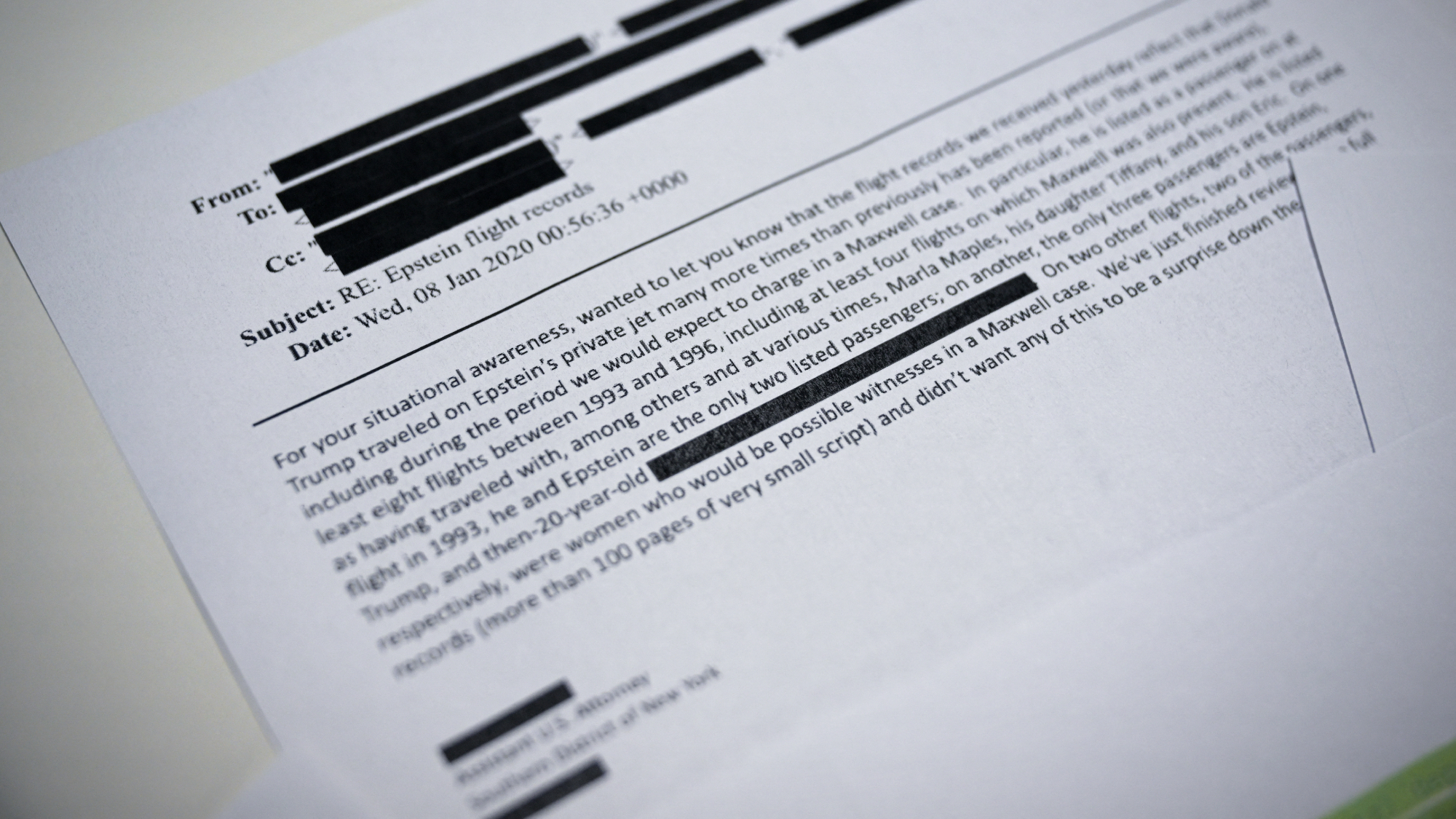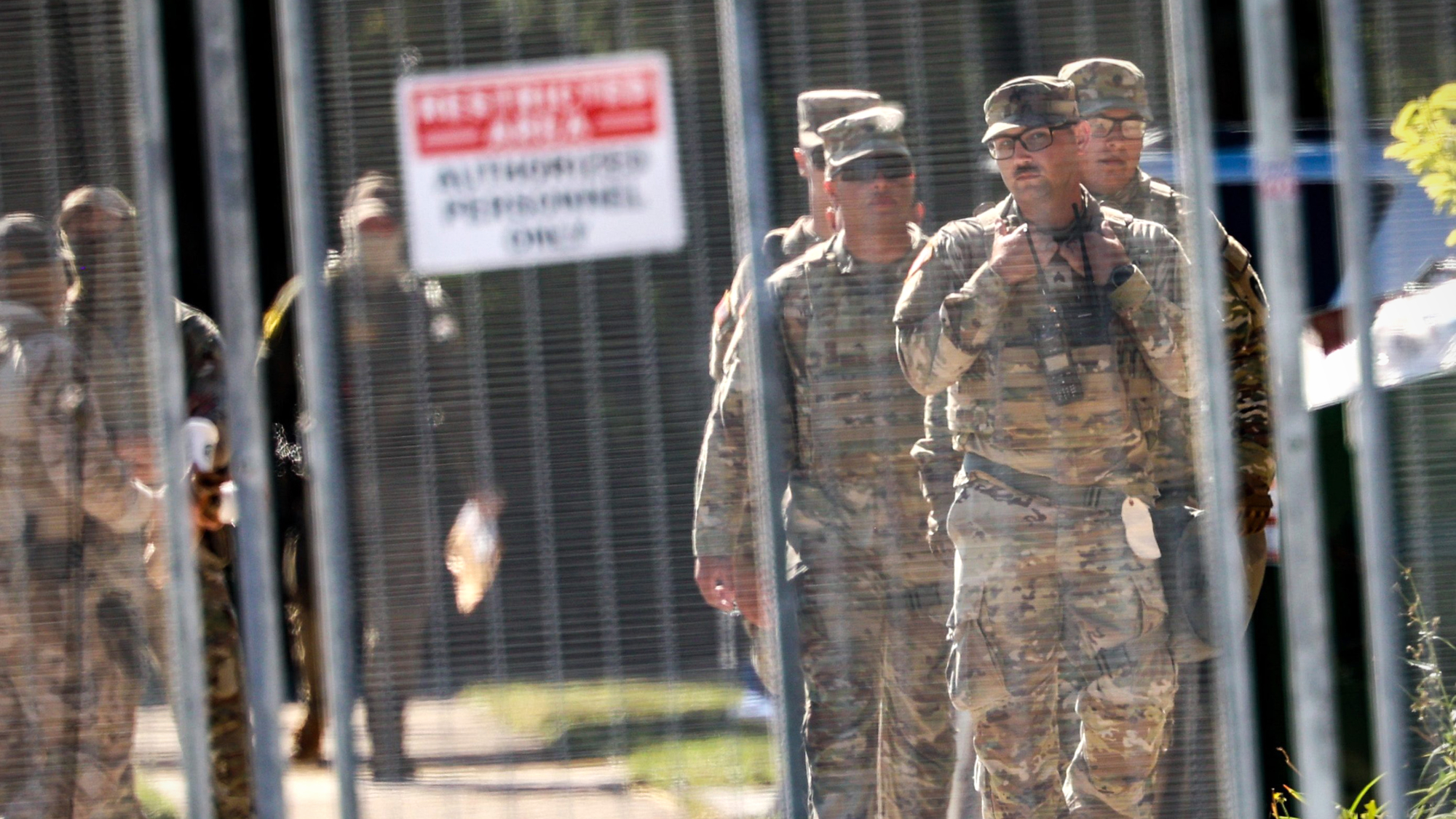The 2 biggest revelations from Sally Yates' testimony about Michael Flynn
We now know just how relentlessly dishonest and dangerously irresponsible the Trump White House is


Donald Trump's still-young administration is so thoroughly scandal-plagued that the president sort of benefits from the fact that it's difficult for the press or the public to focus on any one scandal before being distracted by another. It calls to mind an old episode of The Simpsons in which feeble, ancient billionaire Montgomery Burns is informed by his doctor that he is sick with every known disease, but all his ailments are in perfect balance, which explains why he isn't dead.
The problem with this dynamic, obviously, is that none of Trump's scandals are going away, they're just being briefly pushed off the front page. Eventually one will rise above the others to command serious, sustained attention. A top contender for that role is the ongoing investigation into Trump's former National Security Adviser Michael Flynn, who was fired after less than a month on the job because he lied about meetings he'd had with Russian officials.
The Flynn scandal took a big jump forward yesterday when former acting Attorney General Sally Yates, who was also fired by Trump after she refused to defend the first iteration of his Muslim ban, testified before the Senate Judiciary Committee's subcommittee on crime and terrorism. It was Yates who first informed the Trump White House that Flynn had not been truthful when he said he did not discuss U.S. sanctions when meeting with the Russian ambassador after the 2016 election. At Monday's hearing, Yates provided two important pieces of information that highlight just how reckless Trump was in dealing with his disgraced national security adviser.
The Week
Escape your echo chamber. Get the facts behind the news, plus analysis from multiple perspectives.

Sign up for The Week's Free Newsletters
From our morning news briefing to a weekly Good News Newsletter, get the best of The Week delivered directly to your inbox.
From our morning news briefing to a weekly Good News Newsletter, get the best of The Week delivered directly to your inbox.
First, Yates confirmed press reports that she had informed White House counsel Donald McGahn on Jan. 26 that Flynn had lied about his contacts with Russia, and that those lies could have potentially compromised Flynn and the senior White House officials who repeated them. "We were concerned that the American people had been misled about the underlying conduct and what Gen. Flynn had done," Yates testified. She also explained that she told McGahn that the Russian government knew (and could likely prove) that Flynn had lied. That created "a situation where the national security adviser, essentially, could be blackmailed by the Russians," Yates said.
The second important piece of information Yates provided concerned her follow-up meeting with McGahn. As Yates explained it, McGahn requested a second meeting for the following day during which he raised several questions about potential consequences for Flynn's conduct. He wanted to know what criminal statutes might apply, he asked whether Yates believed taking action against Flynn would compromise the FBI's Russia investigation, and he asked to see the evidence the Justice Department had on Flynn. Yates also said she once again stressed the potential ramifications of Flynn's lies. "You don't want your national security adviser compromised by the Russians," she said.
This is important because we know now with certainty that the Trump White House was given a full accounting of Flynn's lies and the damage they could have caused. We also know that McGahn's office was concerned enough about Yates' briefing that he followed up with her immediately to figure out how much trouble Flynn was in and what consequences any action against Flynn might have. According to White House Press Secretary Sean Spicer, Trump himself was made aware of all this immediately after Yates first briefed McGahn.
With this information in his possession, Trump did nothing. Flynn stayed at his job for nearly three more weeks and was involved in top-level national security policy decisions, even though Trump was fully aware that he was potentially compromised and had not been truthful with senior administration officials.
A free daily email with the biggest news stories of the day – and the best features from TheWeek.com
The issue only came to a head when The Washington Post broke the news on February 9 that Flynn had lied about his contacts with the Russian ambassador. Trump's first public reaction to the news, while speaking to reporters on Air Force One the next day, was to lie and say he hadn't heard anything about it. The situation festered for three more days until Trump asked for Flynn's resignation on Feb. 13, at which point the White House insisted that an "evolving and eroding level of trust" was the deciding factor in his exit.
It's obvious that Trump was in no hurry to remove Michael Flynn and was forced to act only because his national security adviser's lies were revealed in a national newspaper. Even now, Trump insists that the leak to the Post is the real scandal, and not the fact that his top national security aide was left on the job even as he left the administration vulnerable to illicit foreign influence. Sally Yates' testimony cut right through the administration's deceitful spin and helped make clear just how relentlessly dishonest and dangerously irresponsible the Trump White House is.
Simon Maloy is a political writer and researcher in Washington, DC. His work has been published by The Huffington Post, The American Prospect, and Salon.
-
 Bari Weiss’ ‘60 Minutes’ scandal is about more than one report
Bari Weiss’ ‘60 Minutes’ scandal is about more than one reportIN THE SPOTLIGHT By blocking an approved segment on a controversial prison holding US deportees in El Salvador, the editor-in-chief of CBS News has become the main story
-
 Has Zohran Mamdani shown the Democrats how to win again?
Has Zohran Mamdani shown the Democrats how to win again?Today’s Big Question New York City mayoral election touted as victory for left-wing populists but moderate centrist wins elsewhere present more complex path for Democratic Party
-
 Millions turn out for anti-Trump ‘No Kings’ rallies
Millions turn out for anti-Trump ‘No Kings’ ralliesSpeed Read An estimated 7 million people participated, 2 million more than at the first ‘No Kings’ protest in June
-
 Ghislaine Maxwell: angling for a Trump pardon
Ghislaine Maxwell: angling for a Trump pardonTalking Point Convicted sex trafficker's testimony could shed new light on president's links to Jeffrey Epstein
-
 The last words and final moments of 40 presidents
The last words and final moments of 40 presidentsThe Explainer Some are eloquent quotes worthy of the holders of the highest office in the nation, and others... aren't
-
 The JFK files: the truth at last?
The JFK files: the truth at last?In The Spotlight More than 64,000 previously classified documents relating the 1963 assassination of John F. Kennedy have been released by the Trump administration
-
 'Seriously, not literally': how should the world take Donald Trump?
'Seriously, not literally': how should the world take Donald Trump?Today's big question White House rhetoric and reality look likely to become increasingly blurred
-
 Will Trump's 'madman' strategy pay off?
Will Trump's 'madman' strategy pay off?Today's Big Question Incoming US president likes to seem unpredictable but, this time round, world leaders could be wise to his playbook



